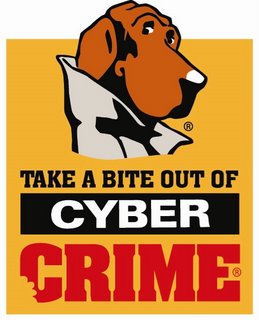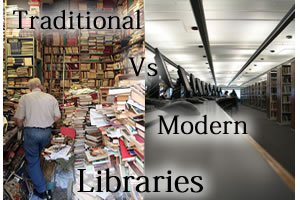
Online theft costs $1 trillion a year, the number of attacks is rising sharply and too many people do not know how to protect themselves.
There are a wide range of threats facing the internet.
To start with is the 'traditional cybercrime': committing fraud or theft by stealing somebody's identity, their credit card details and other data, or tricking them into paying for services or goods that do not exist. The majority of these crimes, one participant said, were not being committed by a youngster sitting in a basement at their computer. Rather, they were executed by very large and very well-organised criminal gangs.
Another threat is the 'flaws' in the set-up of the web itself.
It is organised around the principle of trust, which can have unexpected knock-on effects.
Yet another threat is the overdependence on Web which can lead to 'cyber warfare'.
Two years ago, a political dispute between Russia and Estonia escalated when the small Baltic country came under a sustained denial-of-service attack which disabled the country's banking industry and its utilities like the electricity network. This was repeated last year, when Georgia's web infrastructure was brought down on its knees during its conflict with Russia.
Just give it a thought!! Do we need a new approach to handle cybercrimes?




